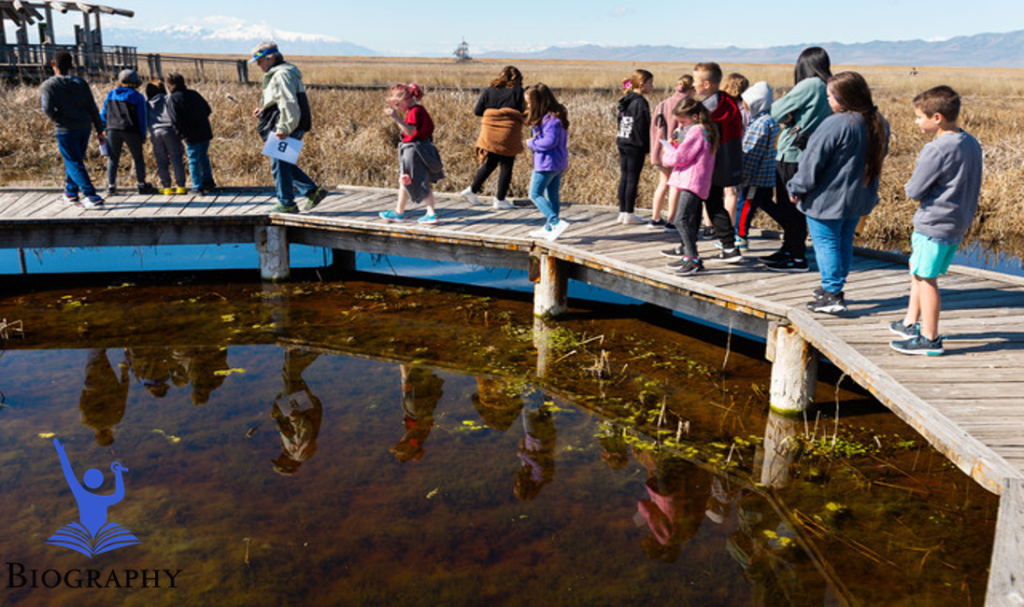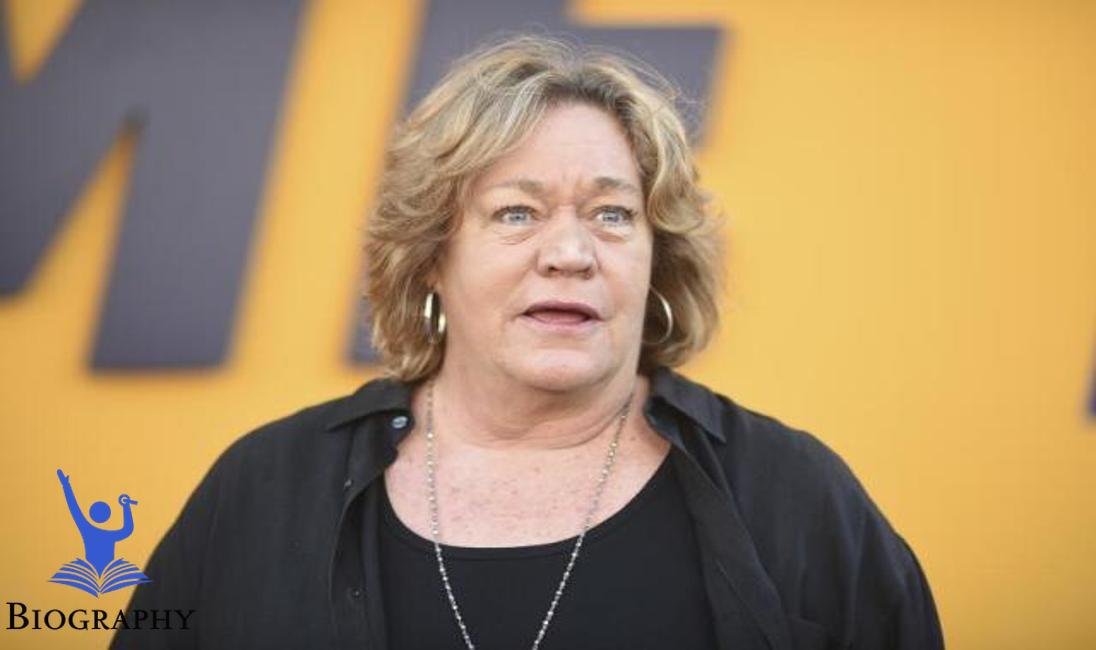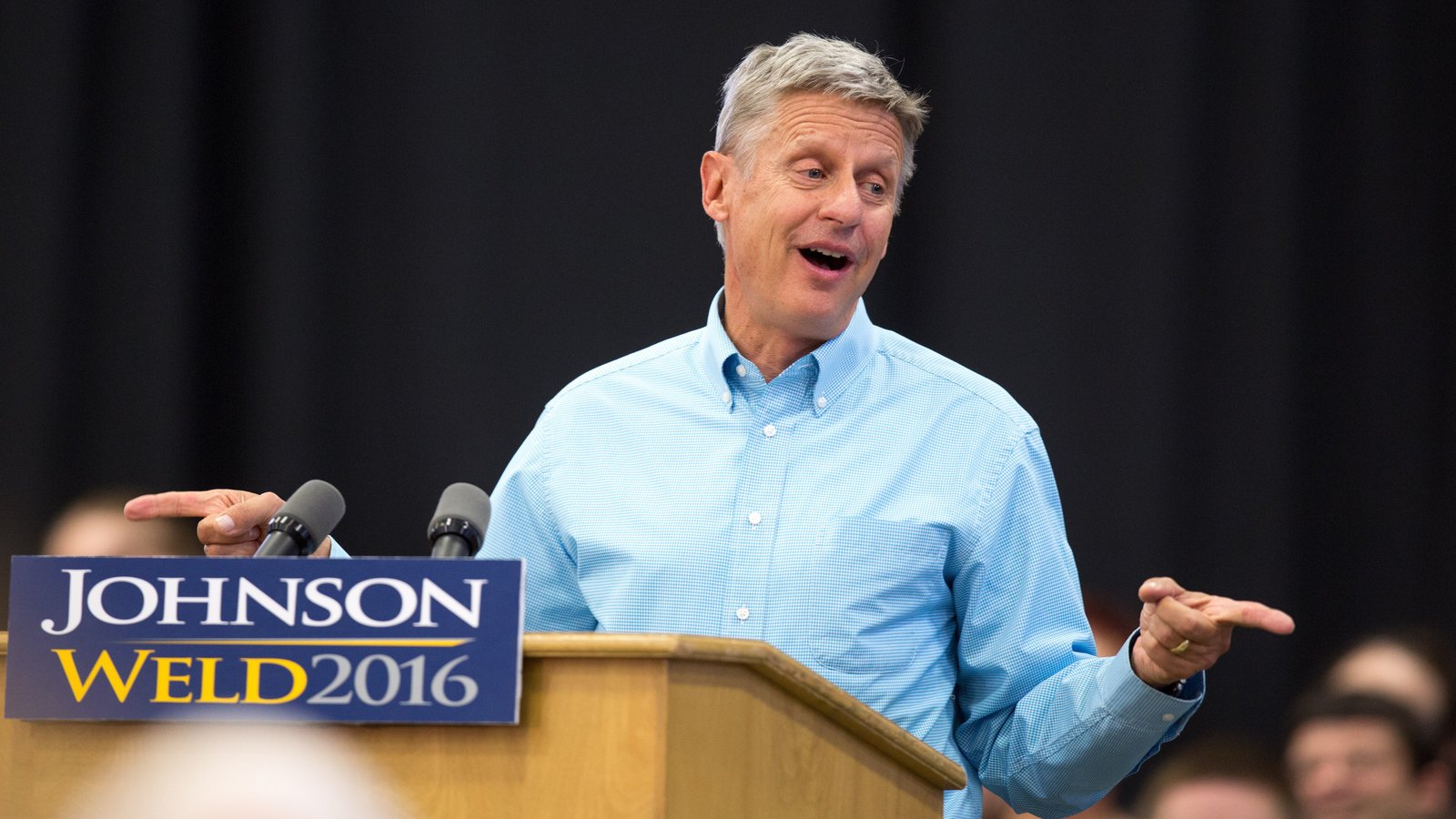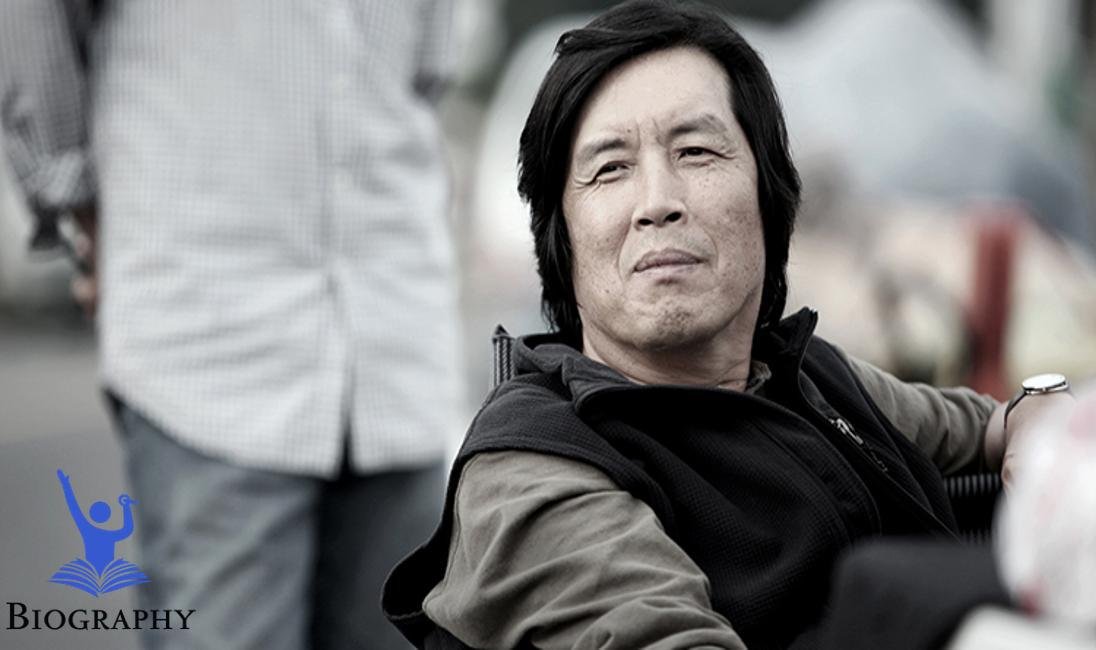Now Reading: Maya Angelou|Biography, Author, Poet, Actor, and Activist &Wiki
-
01
Maya Angelou|Biography, Author, Poet, Actor, and Activist &Wiki

Maya Angelou|Biography, Author, Poet, Actor, and Activist &Wiki
Maya Angelou: A Biography
Quick Facts Table
| Attribute | Details |
|---|---|
| Age | 86 (Deceased in 2014) |
| Weight | Approximately 160 lbs |
| Height | 5 ft 10 in |
| Original Name | Marguerite Annie Johnson |
| Eye Color | Brown |
| Children’s Names | Guy Johnson |
| Birthdate | April 4, 1928 |
| Spouse | Paul du Feu (married 1973-1981) |
| Home | Winston-Salem, North Carolina |
| Hometown | St. Louis, Missouri |
| Origin | St. Louis, Missouri |
| Exes | Tosh Angelos, Paul du Feu |
| Brand Ambassador Roles | Spokesperson for numerous causes |
Early Life and Family
Maya Angelou was born on April 4, 1928 in St. Louis. St. Louis, Missouri as Marguerite Annie Johnson. He was the second child of Bailey Johnson and Vivian Baxter, but his experience growing up was tumultuous. After her customary wedding, Maya and her brother Bailey were sent to live with their grandmother, Annie Henderson, in Stamps, Arkansas. After experiencing her childhood in a racist southern town, Maya faced challenges, including prejudice and injury.
Three-year-old Maya was abused by her mother’s beau. After this opening, he was arrested, but only handed over a day later. He was soon murdered, apparently by his uncles and aunts. Wounded by these words, Maya remained silent for nearly five years, acknowledging her death in her own voice. During this time he found solace in writing and nurtured a deep love of reading, which later shaped his music.
Early Career and Struggles
After graduating from high school, Maya took her memorable position as a trolley conductor in San Francisco, making her the only African American woman to maintain that status She battled the odds of prejudice, sexism and economics in difficulty regardless of his accomplishments. Her speculative career began to pay off as she nurtured her passion for dance and music. He toured Europe and Africa as an entertainer, faced obstacles because of his ethnicity and still stayed despite it.
His early academic experiences, especially injuries and battles along the way, directly influenced his composition. In the 1950s he began composing, and playing in various clubs, but faced a layoff and difficulties in breaking into standard accomplishment
Rise to Stardom
Maya’s breakthrough came when she became involved in the civil rights movement. She worked with leaders like Martin Luther King Jr. and Malcolm X. However, it was her first autobiography, I Know Why the Caged Bird Sings (1969), that brought her international recognition. The book detailed her childhood and experiences with racism and trauma. It received widespread acclaim and has since become a classic, marking a significant moment in American literature and inspiring countless readers.
His strong vocals and authenticity resonated with many, solidifying his ascension to perhaps the most perceived abstract personality in America. His epic voice and ideas grew into an urgent form of writing and social equality progress.
Success
Maya Angelou’s successes extended beyond her famous autobiography. She wrote several other works, including novels, essays, and collections of poetry. Her works include Gather Together in My Name, All God’s Children Need Traveling Shoes, and Just Give Me a Cool Drink of Water ‘fore I Diiie. Her poetry, such as Still I Rise and Phenomenal Woman, celebrates strength and resilience.
In 1972, she received a Tony Award nomination for her role in the play The Blacks, further solidifying her status as an accomplished artist. Additionally, she became an influential speaker, using her voice to address issues of social justice, race, and gender equality.
Failure
Despite her success, Maya faced her share of disappointments and setbacks. Many of his early works were not well received, and he often resists self-interrogation. At times, he felt overshadowed by his peers. The rigors of research and the challenges of being an African American filmmaker of her time added to her battles.
Maya was also dealing with her own challenges including minefield relationships and a lack of friends and family, which touched her heart. These encounters fueled his music in many ways, but, in addition, inhibiting factors played a role in his personal life and career.
Television Career
Maya Angelou’s talent extended to television as well. In the 1970s, she became the first African American woman to have her own television series, The Maya Angelou Show. The program focused on cultural issues and included interviews with notable figures.
She also made appearances on several shows, including Sesame Street, where she helped educate children about acceptance and community. Her presence on television introduced her to a broader audience, allowing her messages of hope, resilience, and empowerment to reach new generations.
Humanitarian Work
Maya Angelou was deeply committed to compassionate efforts and civil rights. He worked with social equality associations such as the Southern Christian Administration Assembly and mentored youth, especially among the African American crowd
Supported worthy missions including welfare and psychological programs for HIV/HELPS and women’s liberation initiatives. His work transcended writing, influenced endless circles of people and networks, and combined teaching with activism.
Personal Life and Controversies
Throughout her life, Maya Angelou had a few significant relationships. She married several times, her longest union being with Paul du Feu from 1973 to 1981. Mayas young Fellow Johnson was the focus of her personal life, but her routine was not without conversation. Angelou often faced tests of his imagination and the raw confidence of his works on delicate subject matter.
Despite these hardships, she has been a symbol of encouragement and strength, empowering others to embrace and resist the quest for perfection
Legacy / Awards
The legacy of Maya Angelus is significant, including writing, social equity, and then some. His books have been translated into various languages, exciting researchers around the world. His accumulated oral vocabulary has earned him a variety of honors including three Grammy grants and an official preparation for the event in 2011.
Maya’s influence lives on, as her work focuses on schools and her words are frequently mentioned in conversations about strength and versatility Burdened with bad luck and success , the story of his life inspires individuals from all walks of life and immortalizes him in American history
Conclusion
Maya Angelou was not only a performer and writer; He was a pioneering voice against conventional practices. His accomplishments reflect the struggles and passions of many, and his legacy stands as a testament to the power of words and the human spirit he was remembered for writing and his resolute responsibility to make the world a better place demonstration. Through her work,








































